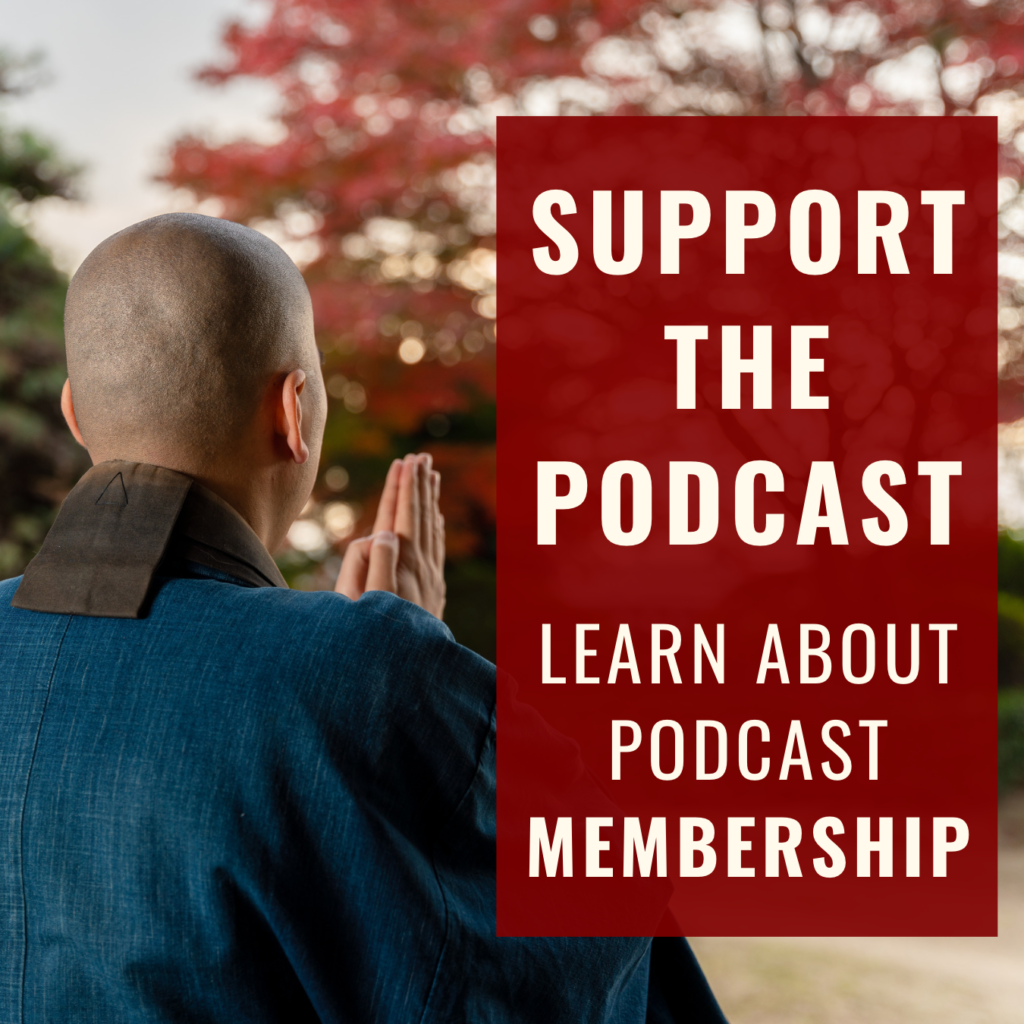In Buddhism, the three root causes of suffering: greed (or grasping), hate (or anger, or aversion), and delusion (or ignorance).
Related Articles:
- Glossary
- 266 – What Would the Buddha Say About the Suffering in the World?Recently, someone submitted a Dharma question for me to address: “I wonder what Buddha would say to us about the crises facing humanity, particularly the suffering of our own making?” I can't know, but I dare to put some words in the Buddha's mouth and then present follow-up questions.
- 312 – Ten Fields of Zen, Field 7 – Learning the Self: This Very Body Is Buddha (2 of 3)This is part two of three of my series on “Learning the Self,” one of my Ten Fields of Zen. In the first episode I discussed why we “study the self” in Zen, and what “self” we’re talking about if – according to the teachings – the self is empty of any inherent nature! Now I’m moving on what is meant by “studying” or “learning” the self. This part of our practice has two essential aspects. Karma Work is taking care of your Phenomenal Self - becoming intimately familiar with your own body and mind and learning to live in accord with the Dharma. Realization of your True Nature involves seeking out, questioning, and seeing through your belief in an inherent self-nature, thereby awakening to your True Nature.
- 233 – Spiritual Inquiry Part 3: Identifying our Karmic IssuesAn important part of Buddhist practice is spiritual inquiry. Buddhism teaches us that there are underlying reasons for every selfish and neurotic thing we do, and that we can discern what those reasons are and work on them. This karma work can lead to lasting and transformative change. In this episode I describe karma work and discuss how to identify your karmic issues. In the next episode I will talk about the process of karmic inquiry once you have identified a karmic issue you would like to resolve.
- 230 – The Importance of Bodhi-Mind, or Way-Seeking MindBuddhism is based on seeking – seeking freedom from suffering, greater wisdom and compassion, greater skillfulness in benefiting beings, and a more authentic, connected way of being. Our spiritual growth depends on arousing and sustaining “Bodhi-Mind,” or the “Way-Seeking Mind,” which in turn generates questions, curiosity, energy, and determination. How do we arouse our Way-Seeking Mind and thereby give direction and inspiration to our practice?







